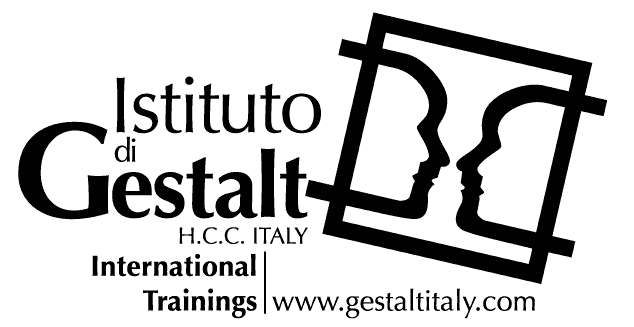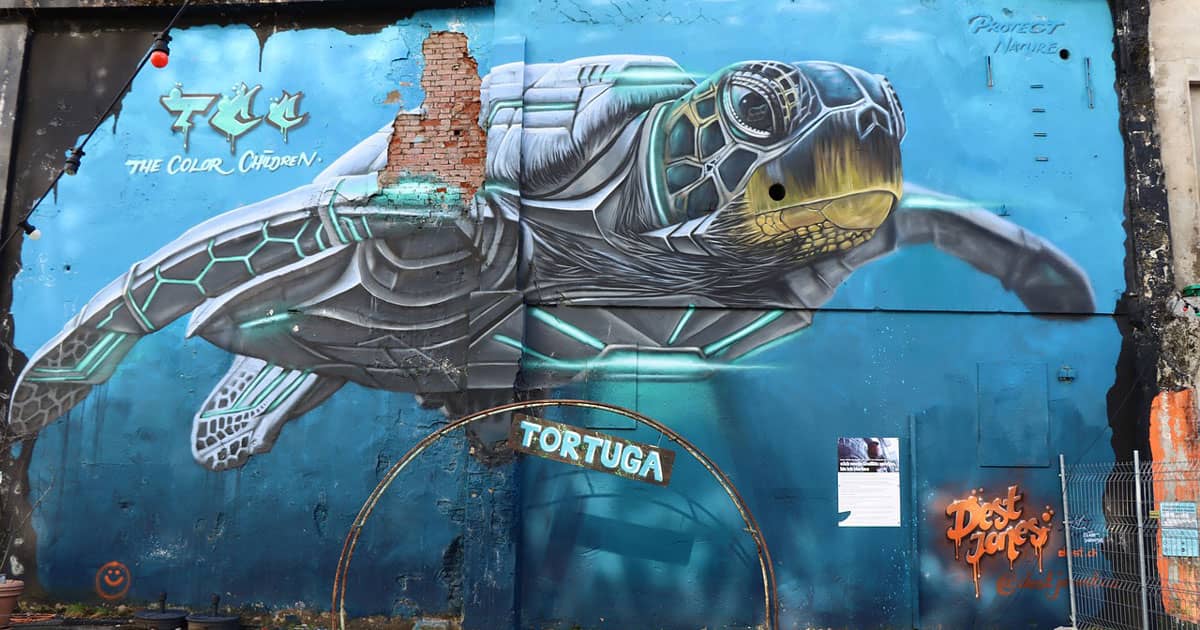An international seminar with Thomas Fuchs (Heidelberg, Germany)
With the participation of Scott Churchill (Dallas, Texas, USA)
Siracusa (Italy), June 14-15, 2024
An ecological redefinition of our relationship to the earthly environment can succeed if our corporeality and aliveness are at its center – that is, as our connectedness with the natural world. (T. Fuchs)
The seminar hosts the phenomenological psychiatrist from the University of Heidelberg, Thomas Fuchs, who will help us address the theme of our relationship with the environment, on the first day with a critique of narcissistic and technological culture, and on the second day with a look at the psychopathological drifts that unfortunately afflict so many contemporary young people: eating disorders, depression, addictions. Clinical examples and supervision will be presented on both days. On the second day the professor of psychology at the University of Dallas, Scott Churchill, will bring his experience as a teacher of young students to support recovering a sense of our embodied presence to the environment and to others.
Far from proposing easy solutions in a world where we experience deep depression and anxiety over the climate crisis, Fuchs proposes a “humanism of embodiment,” which includes first of all the abandonment of fantasies of omnipotence and greatness, without this leading to a fall into nothingness and depression; the affirmation of self precisely through limitedness, that is, a humility without inferiority; the recognition of one’s dependence, not based on empty admiration, but on true relationship; the practice of genuine empathy, in which others do not serve only as objects of self-reflection; and, finally, the awareness of being embedded in a superordinate and meaningful context.
Trainers
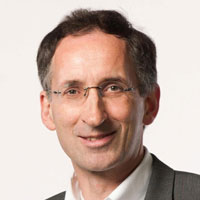
Thomas Fuchs – Professor of Philosophy and Psychiatry at the University of Heidelberg (chair formerly held by Karl Jaspers) and president of the German Society for Phenomenological Anthropology, Psychiatry and Psychotherapy (DGAP). His field of research ranges from phenomenology to psychopathology, from embodied and enactive cognitive science to interactive concepts of social cognition. He has coordinated major research projects, including the European Research Training Network Towards an Embodied Science of Intersubjectivity (Tesis, 2011-2016).
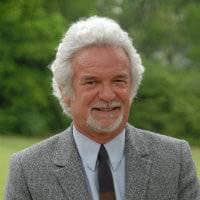
Scott D. Churchill – After teaching for over four decades, Prof. Dr. Scott D. Churchill was recently named “Distinguished Emeritus Professor of Psychology” at the University of Dallas. Dr. Churchill earned his doctorate in “clinical phenomenological psychology” after completing his clinical training at the Veterans Administration Hospital in Pittsburgh. He has served 20 years as Editor-in-chief of ”The Humanistic Psychologist” (an APA Journal); and is a Past President of both the Society for Humanistic Psychology (APA Division 32) and the Society for Theoretical and Philosophical Psychology (APA Division 24). His teaching and publications have primarily focused on phenomenological methods, with a special focus on the role of empathy in human encounters. His book “Essentials of Existential Phenomenological Research” was recently published by the American Psychological Association.
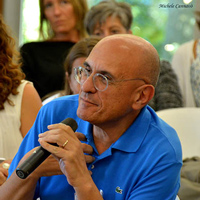
Pietro Andrea Cavaleri – Trainer at the School of Specialisation in Psychotherapy of the Istituto di Gestalt HCC Italy. He has taught at the University of Palermo, LUMSA and the Faculty of Education ‘Auxilium’. He was head psychologist at the Caltanissetta (Italy) Health Service. His books include La profondità della superficie (FrancoAngeli, 2003). He edited Gestalt psychotherapy and neuroscience (FrancoAngeli, 2013) and, together with M. Spagnuolo Lobb, Psychopathology of the Situation in Gestalt Therapy (Routledge, 2023).
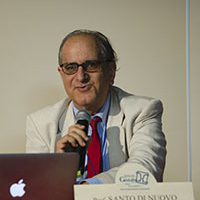
Santo Di Nuovo – Graduate in Philosophy and Psychology, he is Professor Emeritus of Psychology at the University of Catania (Italy), and President of the Italian Psychology Association and the Italian Network of Psychology Associations (INPA). He is co-editor of the international journal Life Span and Disability. Since 1974, he has produced over 350 publications, including 35 books. Of the articles, 80 have been published in international scientific journals or volumes. His main scientific interest lies in research methodology and assessment techniques and procedures. He has been involved in numerous researches on outcome and process evaluation of psychotherapy. He received the Award of the Italian-American Association of Psychology (IAPS) as Distinguished Italian Psychologist in 2017.
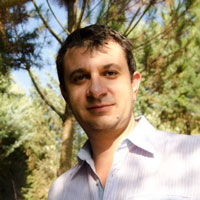
Giancarlo Pintus – Psychologist, Psychotherapist, International Trainer of the Istituto di Gestalt HCC Italy. Specialised at the “National School on Addiction” and carried out research activities at the Psychiatric Clinic of the University of Pisa in a multicentre study on treatment adherence, psychopathological situation and quality of life of opiate-dependent patients. He has carried out clinical activities at the Ser.T. of ASP n. 4 in Enna (Italy) and has participated in projects for the prevention and rehabilitation of drug addicts. A member of the Italian Society of Addiction, he has published articles and contributions on addiction in Italy and abroad. He is co-editor of a book on addiction and Gestalt Psychotherapy.
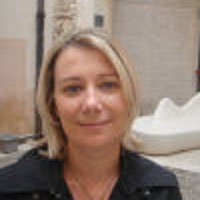
Valeria Rubino – Psychiatrist and psychotherapist, specialised in Gestalt psychotherapy, trained at the Istituto di Gestalt HCC. She attended the four-year second-level Master’s degree course in post-rationalist cognitive psychotherapy. She has carried out research activities at the neuroscience group of the Policlinic of the University of Bari dealing with functional brain imaging. She works at the Department of Mental Health of the ASP of Siracusa (Italy). For several years, she was involved in rehabilitation in residential facilities for psychiatric patients. She collaborates as a trainer with the Istituto di Gestalt HCC Italy.

Margherita Spagnuolo Lobb – Psychotherapist and researcher, international trainer, Director of the Istituto di Gestalt HCC Italy (Syracuse, Palermo and Milan). In her clinical work, she has hermeneutically developed the principles of Gestalt therapy into a field-oriented, phenomenological and aesthetic approach. Her book The Now-for-Next in Psychotherapy is available in 11 languages. With Pietro Cavaleri, she has recently edited the book Psychopathology of the Situation in Gestalt Therapy: A Field Oriented Approach, published by Routledge in the Gestalt Therapy Book Series. She received the Lifelong Achievement Award from the Association for the Advancement of Gestalt Therapy – AAGT (Toronto, Canada, August 2018).
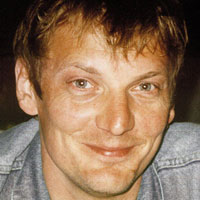
Ekkehard Tenschert – Psychotherapist, coach, supervisor and councellor, BA MSc. He works in private practice in Vienna / Austria, is trainer and supervisior for FSIG/ ÖAGG and coordinator of the advanced trainig program gestalttherapy with infants, children, adolescents and their surroundings, as well as trainer for Institutul de Gestalt terapie din Bucuresti. He is member and accredited supervisor of the EAGT. Advanced trainings in gestalttherapy with children and adolescents (DUK), gestalt-supervison (Istituto di Gestalt), and phenomenology and gestalt (Dan Bloom and Thomas Fuchs). He has published articles in German on gestaltherapy with children and adolescents, and therapeutic responsibilities, the latest Ebenen therapeutischer Verantwortung – multiple Perspektiven in einer komplexen Welt (2022).
Program
Friday, June 14, 2024
hrs. 10.00 am – 5.30 pm
The narcissistic individual/world relationship
We need to feel that someone is superior to us, that they know us better than we do. When adults fail in this role, we invent artificial intelligence. (T. Fuchs)
10.00 am
Greeting messages
10.30 am
Introductionto the seminar, Margherita Spagnuolo Lobb and Pietro A. Cavaleri
11.00 am
Thomas Fuchs
Key note 1 – The narcissistic dilemma behind current technologies
12.00 pm
Questions and answers between participants and Fuchs
12:30 pm
Small groups: clinical examples of narcissistic dilemmas
1:00 pm
Interventions from the director of the National Institute of Ancient Drama and actors of the Greek performances
3.00 pm
Ekkehard Tenschert
Testimony of a psychotherapist:Ways of Therapeutic Encounter in a Narcissistic Field
3.30 pm
Small groups: clinical examples and reflections on individual/world relationship
4.30 pm
Presentation of clinical situationsfrom the small groups, and supervision interventions by Thomas Fuchs, Margherita Spagnuolo Lobb, Pietro A. Cavaleri, Ekkehard Tenschert.
Saturday, June15, 2024
hrs. 9.00 am – 5.30 pm
Contemporary forms of distress
The environment as an-other to meet – kinship with other living beings
Only what can die can also feel fear. (T. Fuchs)
9.30 am
Pietro A. Cavaleri
The crisis of our common narcissism and the need to take into account a new way of embodiment – Aesthetic Relational Knowing
10.00 am
Thomas Fuchs
Key note 2 – Eating disorders
11.00 am
Margherita Spagnuolo Lobb
Existential and relational dimensions of depressive experiences
11.30 am
Giancarlo Pintus
The experience of self and other in addictive experiences
12.00 pm
Small groups: clinical examples of contemporary sufferings
3.00 pm
Santo Di Nuovo
The ethics of artificial intelligence: narcissism or humble curiosity and discovery?
3.30 pm
Scott Churchill (online from Dallas, Texas, USA)
Recovering a Sense of Our Embodied Presence to Others: Empathy, Ecopsychology, and the Call to Compassion
4.30 pm
Valeria Rubino
Presentation of a clinical case
5.00 pm
Comments on the clinical case by Thomas Fuchs, Margherita Spagnuolo Lobb, Pietro A. Cavaleri, Scott Churchill
5.30 pm
Final debate and closing of the seminar
Language
English and Italian (with translation)
Participants
Previous training in Gestalt therapy and a minimum of clinical experience is required
Certificate
An attendance certificate will be provided to participants
Venue
Auditorium Giovanni Paolo II, Viale Luigi Cadorna 151, Siracusa (Italy) Google Maps
Accommodation
Information on different categories of accommodation in the area where the seminar will take place will be provided
Registration
The total cost for the course is 130 Euro
You can pay with your credit/debit card (Visa, Mastercard, American Express,…).
If you wish, you can use Apple Pay, Google Pay, Bancontact, EPS, Giropay, iDeal, Przelewy24.
After payment we will use the order data to issue an invoice. Take care to insert your email, name, address correctly.
For any assistance after-order write to [email protected] attaching the order confirmation within 24 hours.
